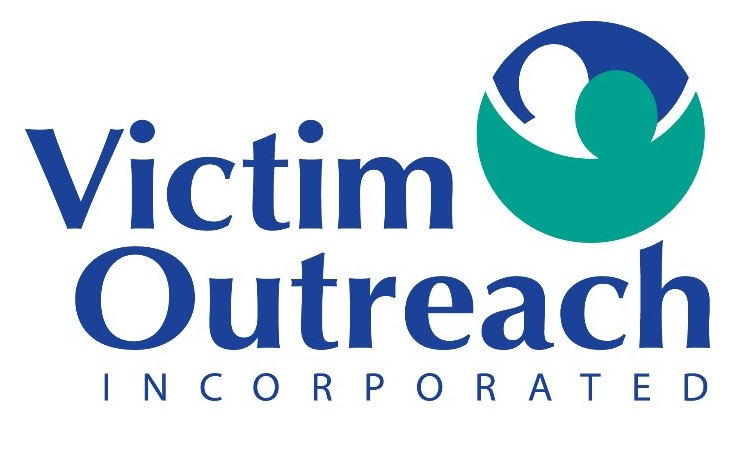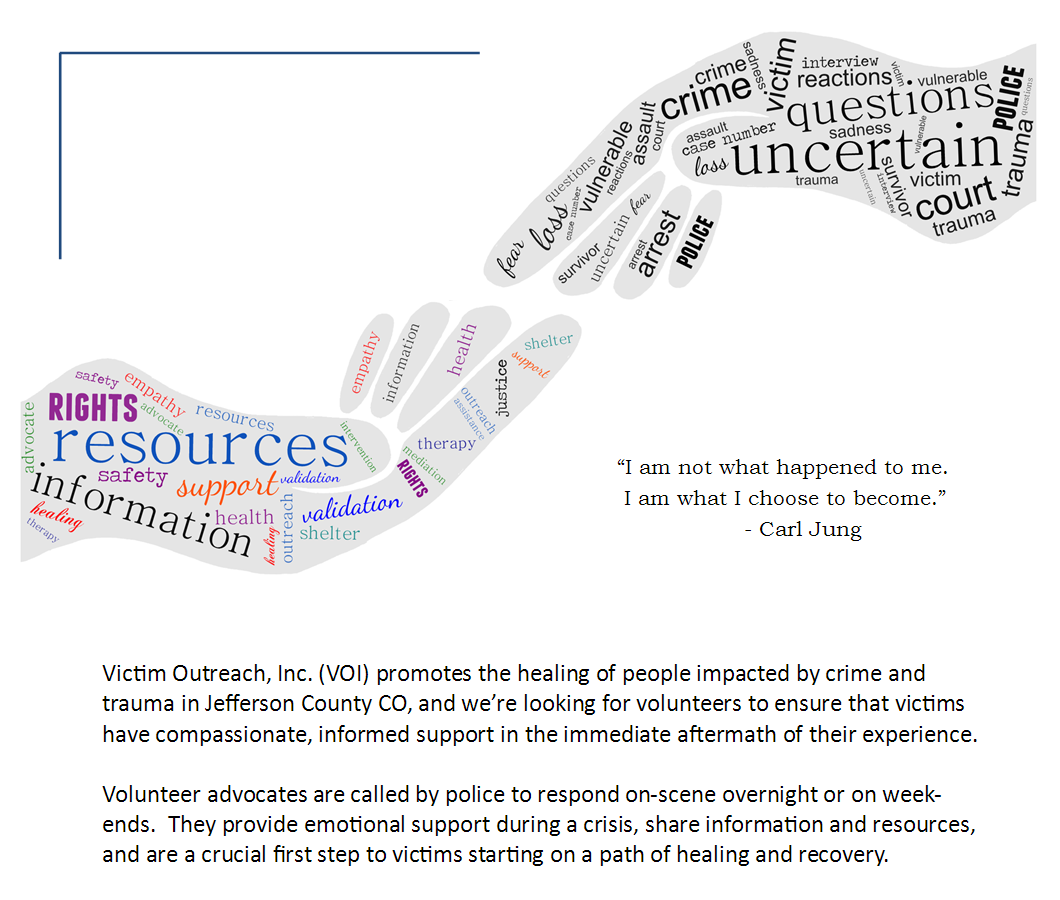VICTIM OUTREACH INCORPORATED (VOI)

Guiding Principles
Victim Outreach Inc. promotes the healing of people impacted by crime and trauma.
People impacted by crime and trauma will lead healthy, productive and inspired lives.
Advocacy, Healing, Empowerment, Justice, Ethics
HOW CAN YOU HELP US?
Help us transform the lives of the vulnerable people around us and become an active part of our community.
DONATE
A small token of appreciation can go a long way in brightening the life of someone. Consider the many causes and support the ones that are closer to your heart.
DONATE NOWVolunteer
Get involved every step of the way as you contribute to the well-being of victims, subjected to abuse and violence. Check out the events and join us in transforming lives.
Learn MoreOUR Gallery

We have events organized for different charities and to support different sections of our community.
Browse through these images from our memory lane and render your support for future events.
Upcoming Events
School of Critivity
VIDEOS





































